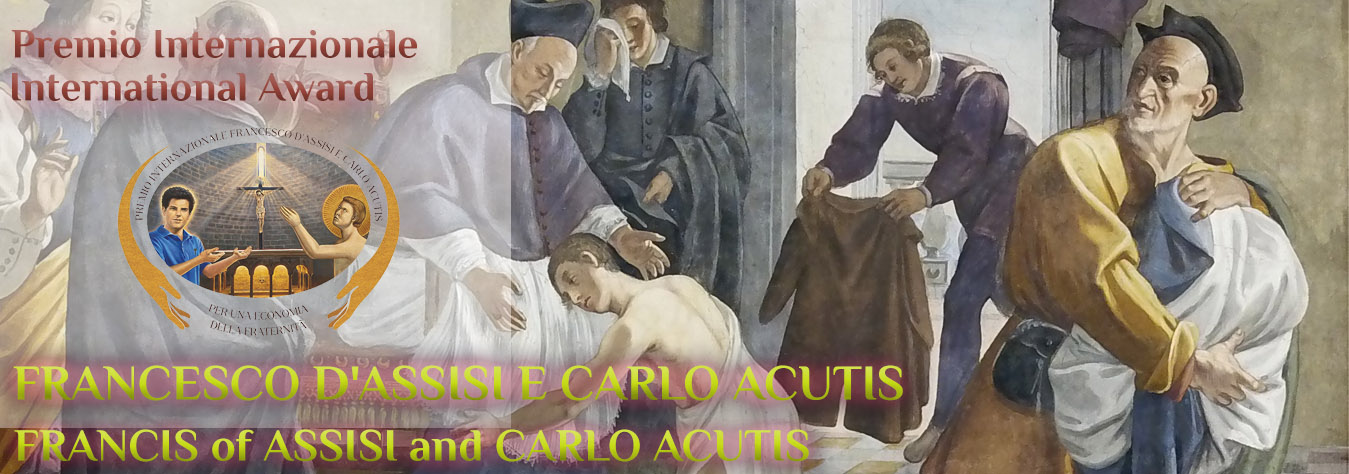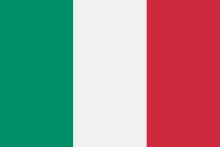According to the Statute, the Prize is instituted to “promote a renewal of the economy in the name of the universal fraternity of all human beings.” The Diocese of Assisi-Nocera Umbra-Gualdo Tadino wishes to make its contribution to the renewal of the economy that Pope Francis desires through “change-makers” (promoters of change), committed to practicing a different economy. Or, to use the words of the Pontiff, an economy “that helps people live and does not kill, that includes and does not exclude, that humanizes rather than dehumanizes, that takes care of creation and does not plunder it.”
2024:
33 projects
5 continents (Africa, America, Asia, Europe, Oceania)
24 nations (Argentina, Benin, Brazil, Burkina Faso, Burundi, Cameroon, Chad, Congo, Ethiopia, Guatemala, India, Israel, Italy, Kenya, Madagascar, Mexico, Papua New Guinea, Philippines, Rwanda, Senegal, Tanzania, Ukraine, USA, Zambia)
AWARD WINNER:
The winning project, “A Graça do Trabalho” – “The Grace of Work” (Amazon, Brazil), was born as a fraternal economic process from below with the aim of offering dignified work to young indigenous people. In 2023, after participating in the “The Economy of Francesco” event in Assisi with other young change-makers, some leaders listened to the young people of the indigenous villages. From these “synodal” meetings of attentive listening, the dream was born of expanding the “Indigenous Poultry” project, already successfully started, not only with the breeding of free-range and meat chickens, but also laying birds. Thus, young indigenous people, all under 35 years old and from 30 poor families, currently excluded from any productive activity due to their language and ethnicity, will be involved in a project with different ethnic groups and religious denominations. This is also an ecological project because the breeding of chickens and laying birds is an urgent and necessary solution to preserve fish that are being greatly harvested.
The Evaluation Commission also wanted to recognize and encourage a second project from Madagascar (Africa) with a smaller financial contribution. The project, entitled “Mihavotras” (“We save ourselves together”) and supported by the local Caritas, aims to strengthen the activity of vulnerable women in the production and sale of ecological wood charcoal and eco-plastic pebbles, using waste and polluting waste. This activity, which also involves the establishment of some cooperatives, is important not only for the ecological impact, but also as a source of income to pay for children’s schooling.
The video of the winning project






